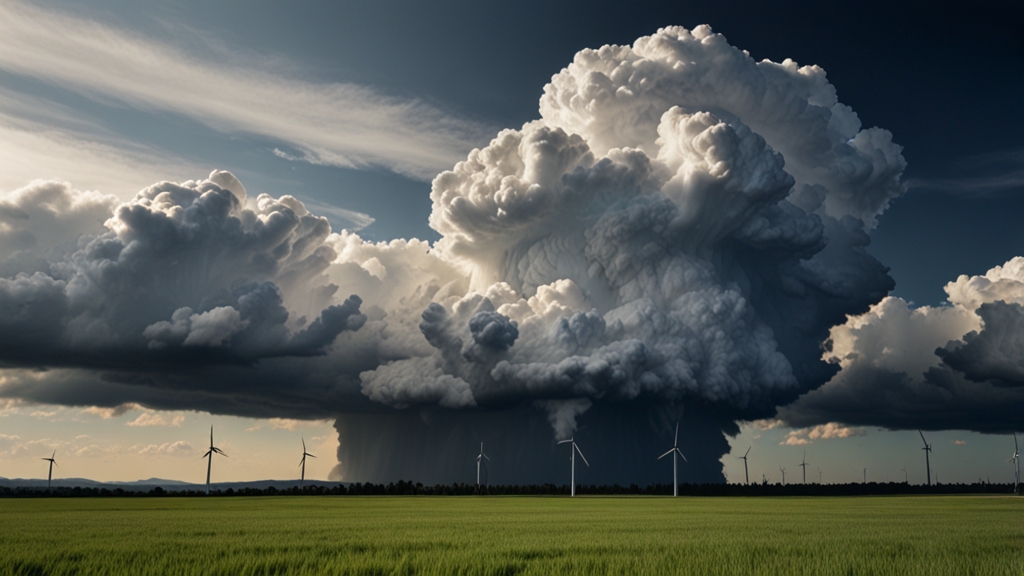Genesis in Literature: Its Influence on Classic and Modern Writers
The Book of Genesis, the first book of the Old Testament, has long captivated the imaginations of readers and writers alike. Its stories of creation, fall, and redemption have seeped into the cultural fabric and influenced a multitude of classic and modern literary works. This article explores how the narratives and themes of Genesis have shaped literary traditions, inspiring writers across eras to draw parallels, build allegories, and deepen the moral complexity of their characters.
Genesis in Classical Literature
From the earliest days of Western literature, the influence of Genesis is evident. John Milton's Paradise Lost stands as a monumental example. Published in 1667, this epic poem retells the Fall of Man in a richly detailed and imaginative form. Milton expands the brief biblical account into a vast narrative, exploring themes of pride, disobedience, and redemption. His portrayal of Satan as a tragic anti-hero owes much to the Genesis account of his rebellion and expulsion from heaven.
"Of Man's first disobedience, and the fruit/Of that forbidden tree whose mortal taste/Brought death into the World, and all our woe,/With loss of Eden, till one greater Man/Restore us, and regain the blissful seat."
Similarly, in Mary Shelley's Frankenstein, the creation of the monster parallels the creation of Adam. Victor Frankenstein assumes the role of a god-like creator, but unlike the God of Genesis, he abandons his creation, leading to tragic consequences. Shelley's narrative explores themes of responsibility and the consequences of hubris, echoing the cautionary tales found in Genesis.
Genesis in Modern Literature
The narrative threads of Genesis continue to wind their way through modern literature. C.S. Lewis, in his Chronicles of Narnia series, draws extensively on biblical themes and imagery. In The Magician's Nephew, the creation of Narnia bears striking similarities to the Genesis account, with Aslan the lion speaking the world into existence, imbuing the story with a sense of divine wonder.
"In the darkness something was happening at last. A voice had begun to sing. It was very far away and Digory found it hard to decide from what direction it was coming. Sometimes it seemed to come from all directions at once."
In contemporary literature, Margaret Atwood's The Handmaid's Tale uses the story of Rachel and Leah as a foundation for its dystopian world. The Republic of Gilead institutionalizes "handmaids" based on the Genesis narrative where Rachel, unable to bear children, offers her maid, Bilhah, to Jacob to bear children on her behalf. Atwood's appropriation of this story offers a critique on the use of religious texts to justify patriarchal control, demonstrating how ancient narratives can be repurposed to reflect and comment on modern societal issues.
Thematic Resonance
What makes Genesis such a powerful source of influence in literature is its exploration of fundamental human experiences and moral dilemmas. Themes of creation, fall, and redemption are universal, and they invite continuous reinterpretation. Authors use these themes not only to ground their stories in familiar narratives but also to challenge readers' understanding of these age-old stories and the moral questions they raise.
Furthermore, the archetypal characters in Genesis—whether it's the defiant Lucifer, the ambitious Eve, or the repentant Adam—offer rich soil for character development. By tapping into these archetypes, writers can explore complex ideas about identity, morality, and human nature. The enduring power of Genesis in literature attests to the timelessness of its stories and the infinite ways they can be woven into the tapestry of human storytelling.
Conclusion
The Book of Genesis holds a unique place in the literary world, bridging the gap between the ancient and the contemporary. Its narratives have left indelible marks on both classical and modern literature, offering endless inspiration and fertile ground for interpretation. As long as writers continue to grapple with the fundamental questions of existence, morality, and destiny, the stories of Genesis will remain a cornerstone of literary endeavor.








